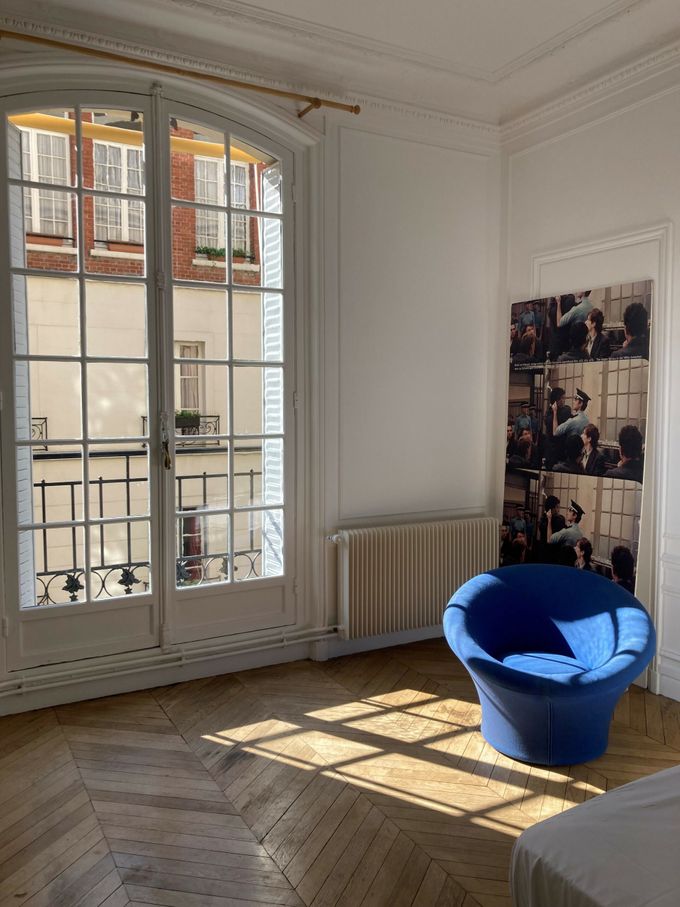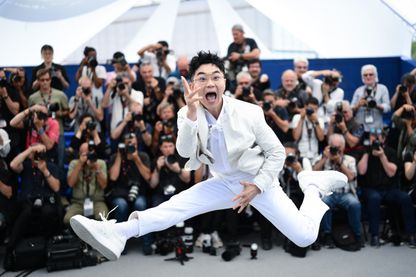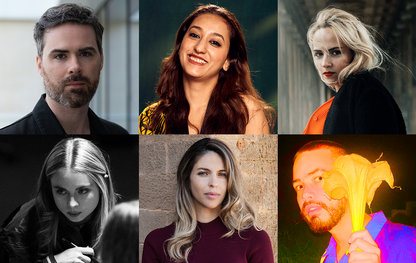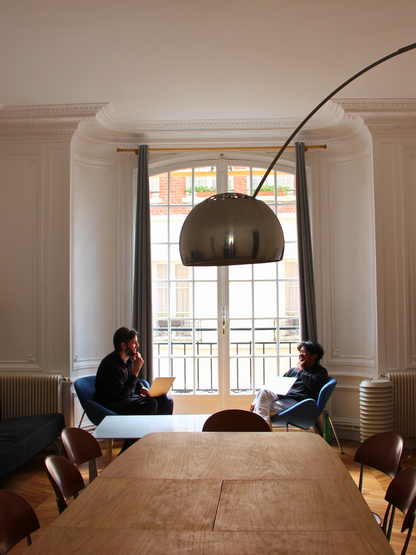Since its creation, one of the callings of the Festival de Cannes has been to explore film production from around the world and to contribute to its renewal. Over the years, a number of initiatives have been put in place. Today, these initiatives offer a number of great opportunities for professionals who work in favour of young creation.
With the Résidence, the Festival de Cannes provides a place of living and of work to young foreign directors in the heart of Paris, as well as personalised writing support and a group programme of meetings with industry professionals. Created by Pierre Viot and Gilles Jacob in 2000, this Villa Médicis of cinema, headed up at its debut by Sylvie Perras, then as of 2005 by Georges Goldenstern, is now directed by Stéphanie Lamome. “This year, five female directors and one male director stood out from the crowd”, Lamome notes. “All of them have a desire to carry out their project at the Résidence, by taking advantage of this living space and of the prestige of an institution and of a city, Paris, that is a mythical site of creation in the history of cinema. We’ve seen from the past that all this resonates with them and delivers on what it promises. A lot of participants have written to say how the experience of the Résidence, both on a personal and professional level, was fundamental to them.”
« The most beautiful gestures from my film came to mind at the kitchen in the Résidence when I was pressing oranges in the juice machine.»
NADAV LAPID, RESIDENT AT THE FESTIVAL DE CANNES IN 2006 & 2007
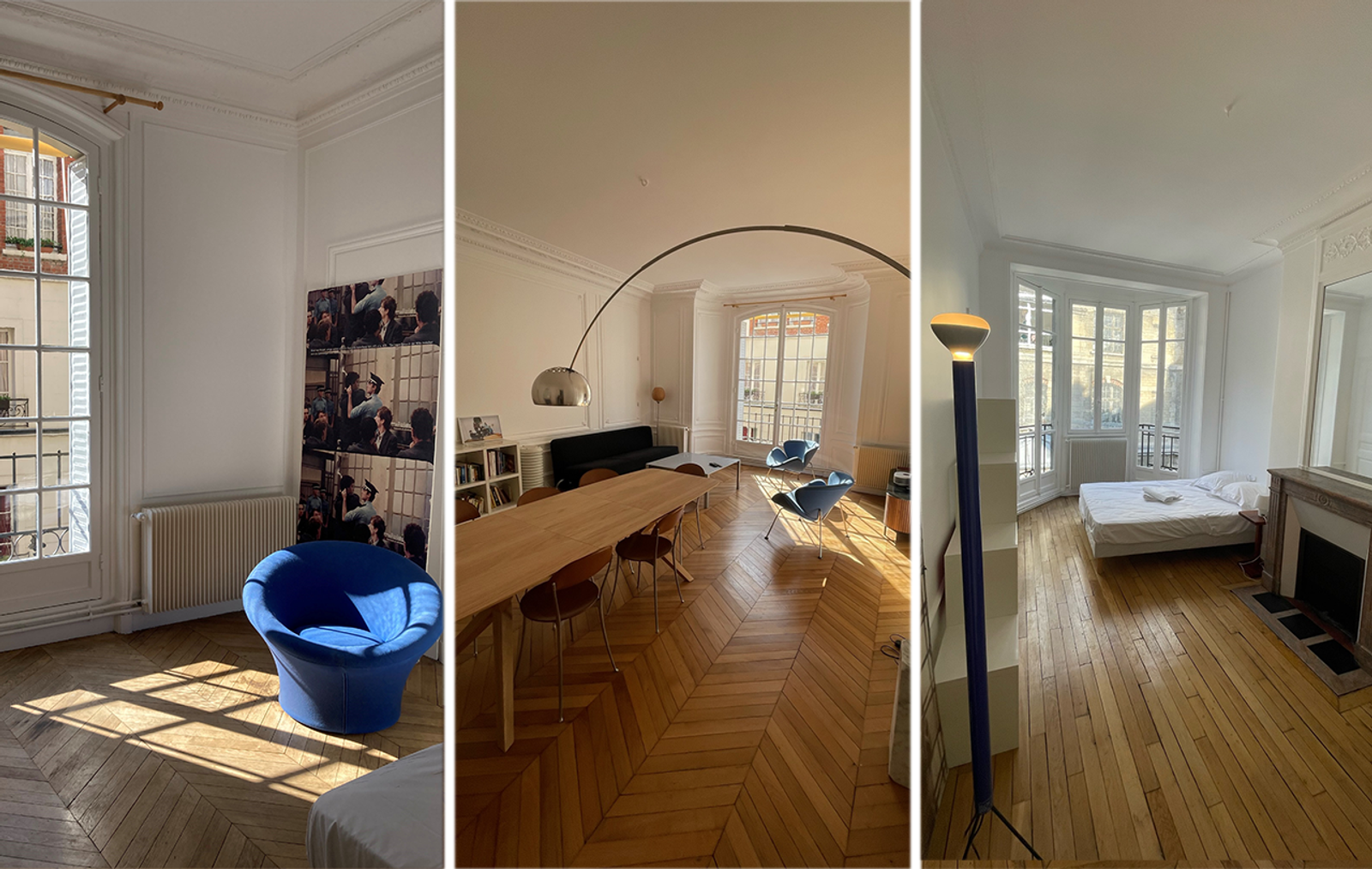
Since its creation in 2000, the Résidence has played host to over 250 filmmakers from around 60 countries. A number of these directors, invited to the biggest festivals around the world, have had international success: Lucrecia Martel, Kornel Mundruczó, Sebastian Lelio, Antonio Campos, Jonas Carpignano, etc. After passing through the Résidence, the Romanian Corneliu Porumboiu received the Caméra d’or in 2006 for 12:08 East of Bucharest, the Mexican director Amat Escalante, in the Official Selection this year with Perdidos en la noche (Lost in the Night), won the Award for Best Director at Cannes in 2013 with Heli, while his compatriot Michel Franco was awarded the Un Certain Regard prize in 2012 with Después de Lucía (After Lucia) and the Best Screenplay Award in 2015 for Chronic, screened In Competition.
More recently, the Hungarian László Nemes won the Grand Prix at Cannes in 2015, as well as the Oscar and Golden Globe for best foreign language film in 2016 for Son of Saul, the Belgian Lukas Dhont got the Caméra d’or in 2018 with Girl, and the Lebanese director Nadine Labaki won the César and the Oscar for best foreign film in 2019 with Capharnaüm (Capernaum). After having received the Golden Bear at the Berlin Film Festival in 2019 with Synonymes (Synonyms), the Israeli director Nadav Lapid won the Jury Prize in Cannes with Ahed’s Knee in 2021. In 2022, the Golden Bear went to a resident from the 2018/2019 class, the Spanish director Carla Simón with Alcarràs. And this year, the Brazilian filmmaker Karim Aïnouz, one of the first residents, and winner of the Un Certain Regard prize in 2019 with A Vida Invisível de Eurídice Gusmão (The Invisible Life of Eurídice Gusmão), competed for the Palme d’or with Firebrand.
This handful of famous names reflects the creative abundance that the Festival de Cannes has always supported. Through the Résidence, the Festival de Cannes is proud to welcome the future of worldwide creation to Paris.
The six new filmmakers in residence at the Festival
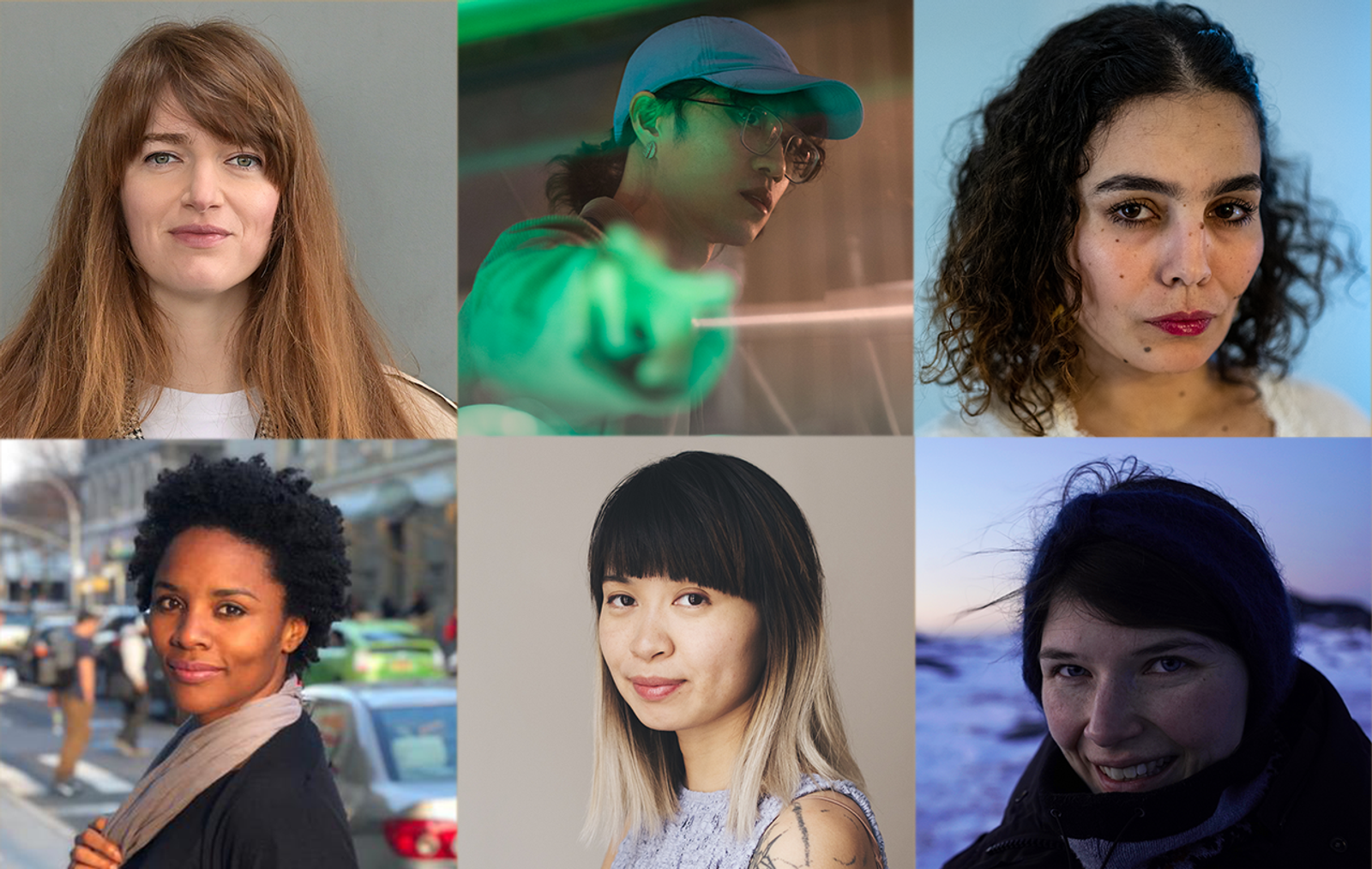
ANDREA SLAVIČEK (Croatia) © Nina Duredevic – ZHAO HAO (China) © Yeo Seung Jin – ASMAE EL MOUDIR (Morocco) © Ammar Abd Rabbo – GESSICA GÉNÉUS (Haiti) © Jean Marie Gigon – DIANA CAM VAN NGUYEN (Czech Republic / Vietnam) © David Tichacek – MELTSE VAN COILLIE (Belgium) © Harm Dens
